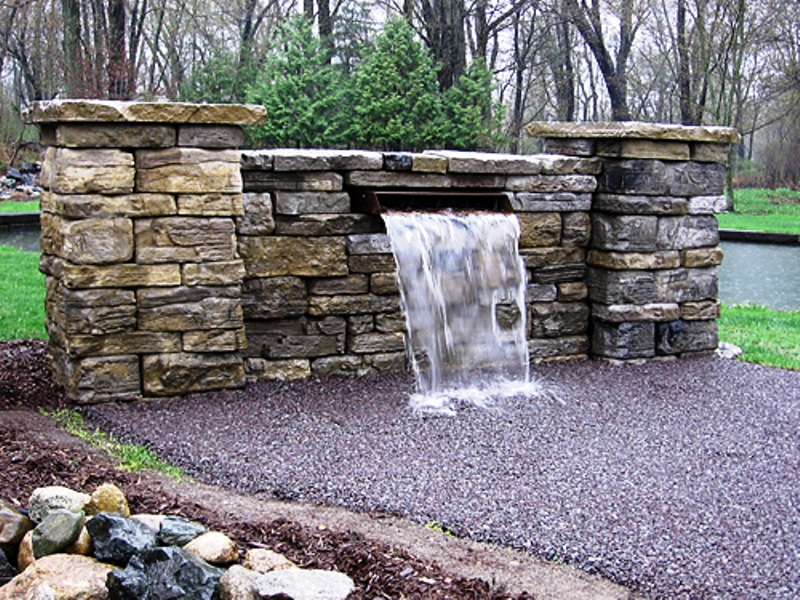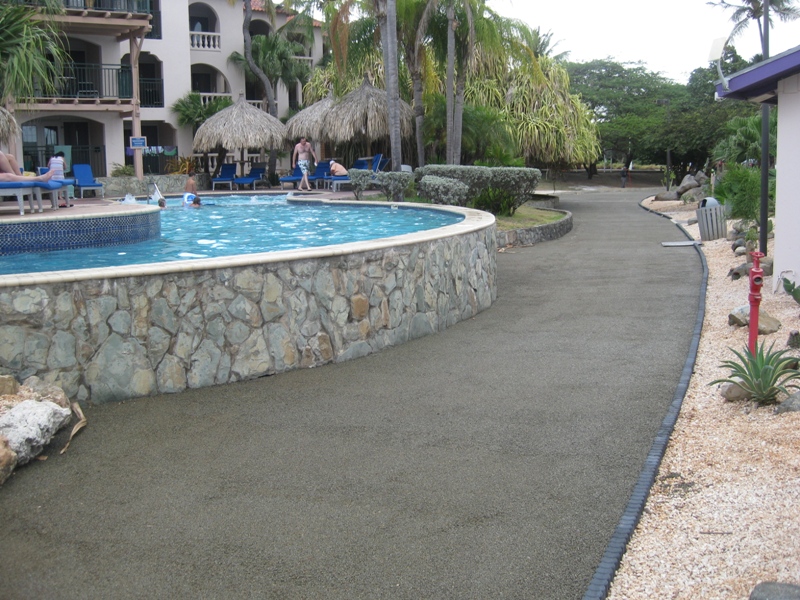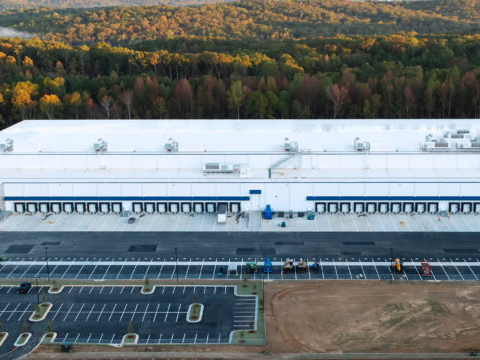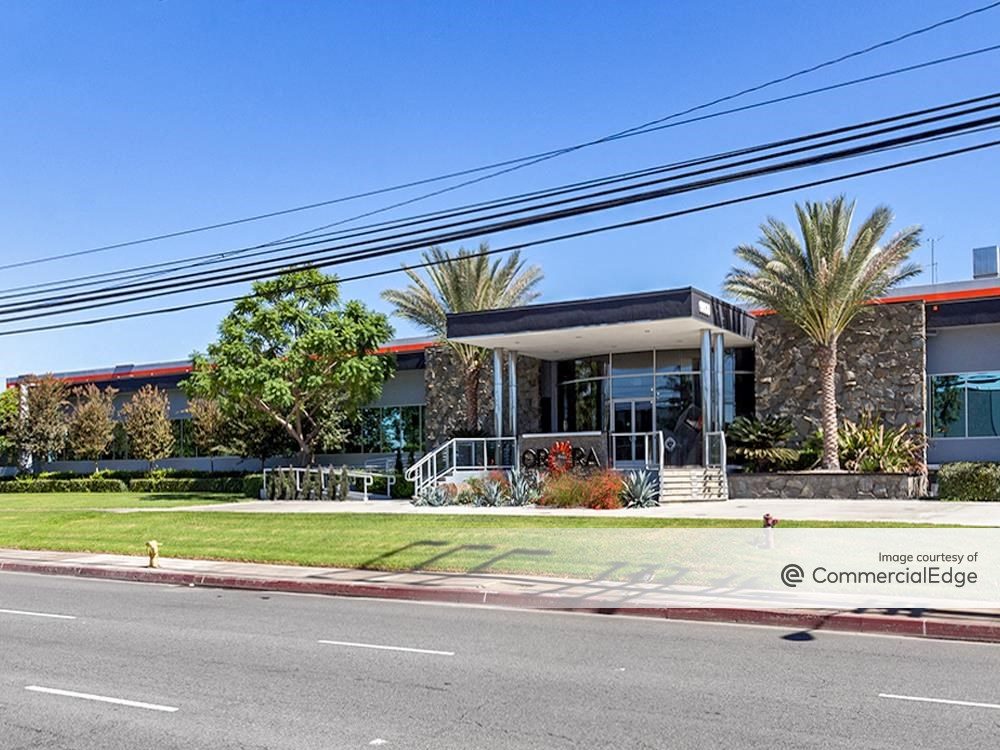Product Spotlight: Porous Pave
By Mallory Bulman, Associate Editor As summer slowly creeps up, many property owners are looking to spruce up their outdoor spaces. For properties with spaces paved with traditional concrete, this usually means fixing cracks and damage left over from the winter months. Whether used for a walkway, pool space or parking lot, the upkeep and time commitment…
By Mallory Bulman, Associate Editor
 As summer slowly creeps up, many property owners are looking to spruce up their outdoor spaces. For properties with spaces paved with traditional concrete, this usually means fixing cracks and damage left over from the winter months. Whether used for a walkway, pool space or parking lot, the upkeep and time commitment that comes with traditional paving can be costly and even damaging to the surrounding landscape.
As summer slowly creeps up, many property owners are looking to spruce up their outdoor spaces. For properties with spaces paved with traditional concrete, this usually means fixing cracks and damage left over from the winter months. Whether used for a walkway, pool space or parking lot, the upkeep and time commitment that comes with traditional paving can be costly and even damaging to the surrounding landscape.
Porous Pave is an environmentally-friendly, durable alternative to traditional paving which addresses many maintenance, safety and installation concerns. The paving material is created with recycled tires, saving thousands of unused tires from sitting in landfills. The rubber chips created from the tires lend a unique and functional quality to any surface and offer a smoother finish while still maintaining its porosity. The porous nature of the product allows for water to drain through the material, minimizing runoff and puddles.
While traditional paving requires the right temperature and ample cure time for successful installation, Porous Pave can be installed in temperatures between 40 and 90 degrees Fahrenheit, allowing for a more flexible application schedule. The material cures in 24 hours and doesn’t require heavy equipment, making it ideal for use with an existing landscape. The durable rubber material eliminates problems like cracking or frost heaving due to ground movement, which means less maintenance in the long run.
 At different thicknesses, Porous Pave can be used for low speed car and truck traffic, bike paths, patios, trails, golf cart paths or just pedestrian traffic. The textured, rubbery nature of the material means that it always retains good traction, even when wet, lessening the chance of slips or falls. It also can take a beating: Porous Pave has been proven to withstand oil, chlorine, UV rays, transmission fluid, gasoline, diesel, hydraulic fluid, saltwater and even snow plow damage.
At different thicknesses, Porous Pave can be used for low speed car and truck traffic, bike paths, patios, trails, golf cart paths or just pedestrian traffic. The textured, rubbery nature of the material means that it always retains good traction, even when wet, lessening the chance of slips or falls. It also can take a beating: Porous Pave has been proven to withstand oil, chlorine, UV rays, transmission fluid, gasoline, diesel, hydraulic fluid, saltwater and even snow plow damage.
Recently, the company has been experimenting with finer-cut rubber chips, which make the surface even smoother than before, while still maintaining its standards for safety and porosity. “‘We have worked with rubber-aggregate permeable surfacing for more than a decade,” said Dave Ouwinga, president of Porous Pave, Inc., “When our testing verified that smaller, 1/8-1/4 inch rubber chips would not compromise our high standards for porosity and permeability, we adopted the fine-cut chip as our new standard.”
For information about Porous Pave, visit their website.
Photos courtesy of Porous Pave, Inc.







You must be logged in to post a comment.